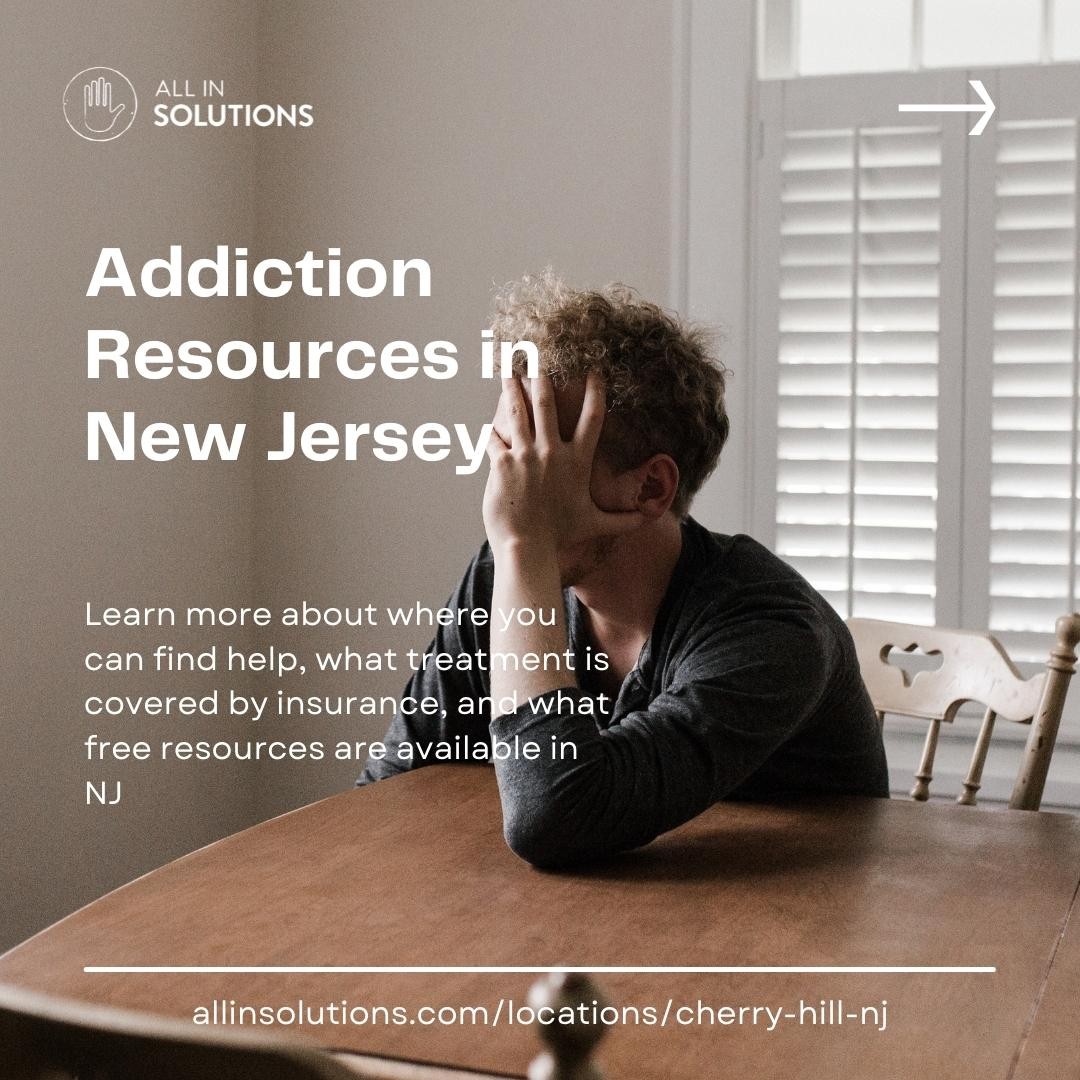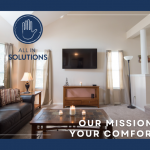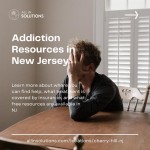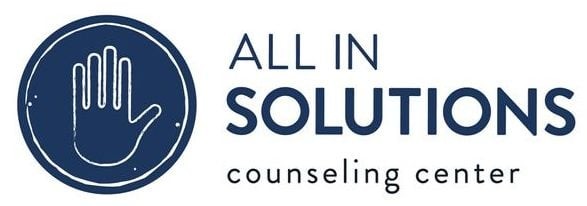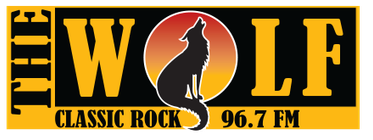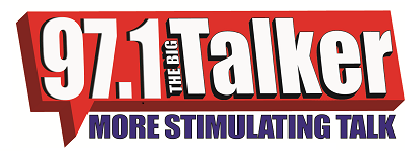Addiction Treatment in New Jersey
Individuals struggling with alcohol and drug addiction have plenty of options when it comes to finding an addiction treatment center in New Jersey. According to the 2020 National Survey of Substance Abuse Treatment Services, the state of New Jersey is home to 369 substance abuse treatment centers. The same survey reports that 333 of these treatment facilites offer outpatient rehab, 50 offer inpatient rehab (including detox and residential treatment), and 14 are hospital-based inpatient centers. Due to the high quantity of providers, clients attending drug and alcohol rehab in the Garden State can expect to receive high quality care.
Treatment Center Locations in New Jersey
New Jersey is scattered with detox centers and rehabs, but certain densely populated areas have a higher concertation of addiction treatment providers. Essex county, and Monmouth county, in Northeastern New Jersey have more treatment centers than any other counties in the state. These facilities are conveniently located to help individuals in Jersey City, New York City, Newark, and New Brunswick. Below is a table displaying the number of registered drug and alcohol rehabilitation facilities per county as of 2020.
|
New Jersey County |
Number of Addiction Treatment Centers |
|
Atlantic |
23 |
|
Bergen |
24 |
|
Burlington |
17 |
|
Camden |
31 |
|
Cape May |
7 |
|
Cumberland |
8 |
|
Essex |
38 |
|
Gloucester |
12 |
|
Hudson |
18 |
|
Hunterdon |
9 |
|
Mercer |
16 |
|
Middlesex |
26 |
|
Monmouth |
37 |
|
Morris |
17 |
|
Ocean |
19 |
|
Passaic |
16 |
|
Salem |
1 |
|
Somerset |
11 |
|
Sussex |
7 |
|
Union |
21 |
|
Warren |
8 |
Cost of Rehab in New Jersey
The price of rehab in New Jersey varies depending on several factors including level of care, length of stay, and insurance coverage. While some individuals choose to pay out of pocket for treatment most insurance policies cover the majority of the cost.
Rehabs Accept Insurance
The vast majority of addiction treatment centers accept some form of insurance. However, not all rehabs work with all types of insurance. In New Jersey, 66% of rehabs accept private health insurance, 34% accept state-funded insurance, 25% accept Medicare, and 61% accept Medicaid.
Getting Into Rehab With No Insurance
For individuals who do not have health insurance, there are still options available to get treatment. Many private treatment centers offer payment plans or scholarships to people without insurance. In addition, there are a number of state-funded rehabs in New Jersey that can accept individuals without insurance for little to no cost. These free rehabs can be found using the SAMHSA treatment locator, which allows users to filter facilities by the services they offer, payment types they accept, distance from a location, and more.
Free New Jersey Addiction Resources
Alcoholics Anonymous meetings in New Jersey
AA is an incredibly helpful free resources for people struggling with alcoholism or addiction. Despite the name, individuals struggling with drug addiction are welcome in Alcoholics Anonymous and many members of the fellowship have abundant experience with addiction to other substances. To find meetings in your area of New Jersey, utilize the meeting finder on the websites for the Northern New Jersey AA intergroup or South Jersey AA intergroup.
Rutgers University Behavioral Health Care IME Access Center
The Interim Managing Entity (IME) is a 24/7 free helpline that offers various services to Jersey residents struggling with addiction. In addition to helping provide referrals to treatment providers across the state, the program’s care coordinators can help set up transportation and provide support to those who are on the waitlist for a rehab.
NJ Division of Mental Health & Addiction Services
The State of New Jersey Department of Human Services has a branch specifically dedicated to helping Jersey residents who suffer from addiction and mental illness. Their website includes links to referral services, a list of alcohol and addiction hotlines, a list of mental health helplines, and a directory of state-certified addiction and mental health providers and crisis centers.
